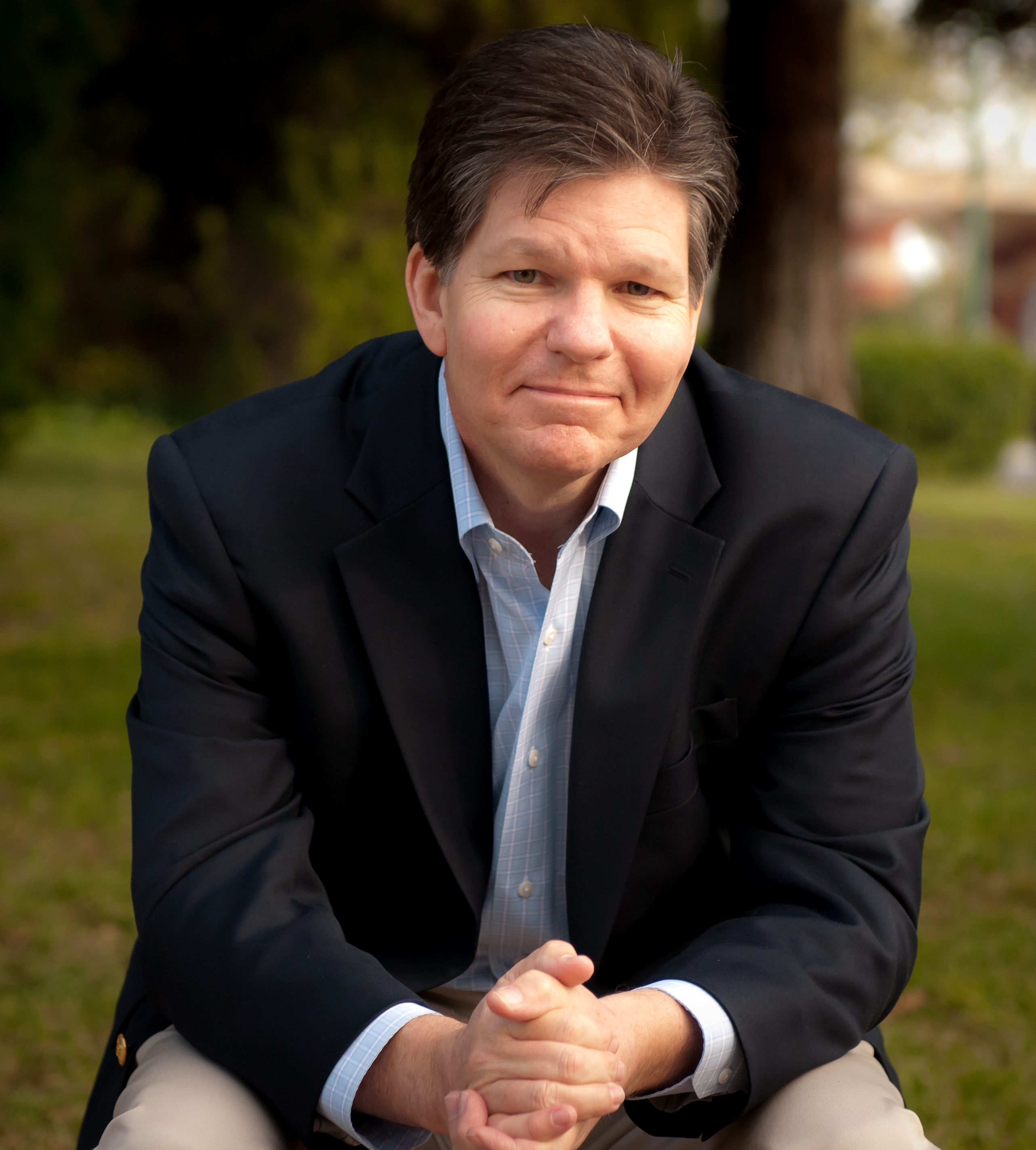Let’s face it: some questions are hard to ask — especially questions that seek to understand a religion that is foreign or unfamiliar. It is almost guaranteed that toes will be stepped on when figuring out where to pose these religiously-oriented questions.
ENCOURAGING RELIGIOUS CONVERSATIONS
The Washington Post published an article concerning recent movements to establish open and honest communication on topics concerning religion. One such movement is a growing trend on both public and private school campuses known as secular safe zones, which establish environments designated specifically to encourage conversation about religious topics. These are designed to be places that do not exclude any religious denominations. Instead, they welcome discussion and questions concerning principles, ideologies and worldviews.
Craig Hazen, founder and director of the Christian Apologetics program at Biola, was featured in the article. He was able to share his thoughts and concerns about the Washington Post article surrounding the rise of secular safe zones on campuses.
Hazen felt the article overall did a good job emphasizing the notion of tolerance and how it has spurred the growth of these safe zones. However, Hazen thinks that safe zones are not necessary when encouraging discussion surrounding religious topics.
“[The article] captured all the right emphasis when it came to tolerance,” Hazen said. “But my question is why would [secular campuses] need secular safe zones? The whole campus is a secular safe zone.”
According to Hazen, the notion of a whole campus being a secular safe zone means that, ideally, no religion is more influential than the other. Because of this, questions or discussions along denominational lines are posed freely — at least supposedly.
ATTEMPTING TO PROMOTE RELIGOUS FREEDOM
However, Hazen continued, these emerging safe zones are not necessary because it is Christian groups that feel uncomfortable on campuses. Christian professors do not help in the struggle because they are not open about their faith on local Californian campuses, and they therefore create a minority.
These environments have already been established in 26 college and high school campuses across the country. The article predicted that they will continue to grow, due in part to an ongoing rise in atheism and a decline in Christianity.
“It’s a place where they support each other, build a little cocoon inside universities,” Hazen said. “It’s kind of a support group in a positive way. You get to sit with like-minded people.”
Janessa Yancy, a junior psychology major, stated that secular safe zones contradict themselves when promoting religious freedom. She described how public schools are adamant about removing Christian practices like prayer and God from schools, and yet they continue welcoming other religions onto campuses.
“I feel like it’s a double standard,” Yancy said. “Hide away the Christians, and don’t mention God. You can talk about Allah and the God of Judaism, but you can’t talk about Christ.”
Robert Woo, a junior Christian ministries major, feels that having an open place for discussing ideals mirrors that of Paul striking theological conversations among non-believers.
“If Christians don’t participate in working with other religions, then we could be missing out on a whole bunch of different people we could be preaching to,” Woo said.
DEFINING TOLERANCE
Hazen felt that the key to having open conversations concerning religious aspects revolved around defining tolerance. The secular perspective defines tolerance as never saying anything that makes anyone feel uncomfortable. However, according to Hazen, the true definition begins with disagreeing on a particular issue but still treating the opposing view with dignity and respect.
But then again, there could be a different way to establish free and open discussion. Rather than gathering individuals into a designated area to wrestle with religious topics, Hazen encourages Biola students to get off campus and impact by experience.
“Speak, debate, interact with different campuses,” Hazen said. “Mix it up with the secular crowd. We need to be committed to the truth of our faith in a public setting. Get out and speak on Christian perspectives.”







